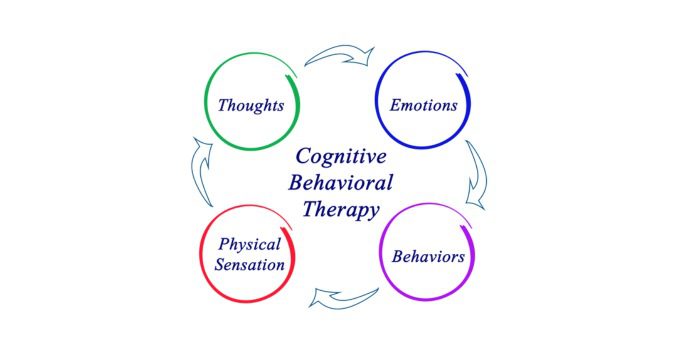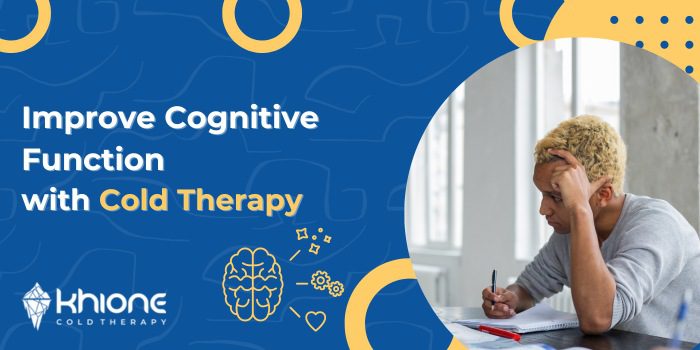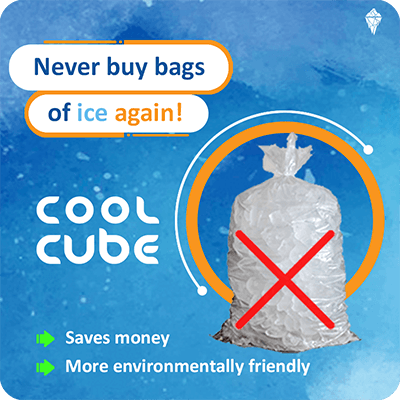Have you ever wondered if there’s a simple yet effective way to sharpen your thinking, enhance your focus, and boost your overall cognitive function? Look no further than cold therapy! While it may sound surprising, subjecting your body to cold temperatures can have numerous benefits for your brain. In this blog post, we will explore the science behind cold therapy and its potential to improve cognitive function.
Cold therapy is a type of alternative medicine that uses exposure to cold temperatures to improve health and well-being. It has been shown to have a number of benefits, including reducing inflammation, improving circulation, and boosting the immune system.
In recent years, cold therapy has also been shown to have potential benefits for cognitive function. Studies have shown that cold exposure can increase brain activity, improve memory, and reduce stress.
One way that cold therapy may improve cognitive function is by increasing blood flow to the brain. When the body is exposed to cold, it releases hormones that cause the blood vessels to constrict. This increases blood pressure and forces more blood to flow to the vital organs, including the brain.
Cold exposure can also increase brain activity. Studies have shown that cold temperatures can increase the production of brain-derived neurotrophic factor (BDNF), a protein that helps to protect and repair neurons. BDNF is essential for learning and memory, and its levels tend to decline with age.

Cold Therapy and Cognitive Function:
Studies have revealed that cold therapy can also positively impact cognitive function. When exposed to cold temperatures, our body releases endorphins and activates the sympathetic nervous system, which increases blood circulation and oxygen delivery to the brain. This improved blood flow facilitates the supply of essential nutrients and removes metabolic waste, leading to enhanced brain function.
Memory and Focus Enhancement:
Cold therapy has been shown to enhance memory and cognitive performance. Cold exposure stimulates the production of norepinephrine, a neurotransmitter responsible for regulating attention and focus. This heightened level of norepinephrine helps improve concentration, memory retention, and overall mental acuity.
Mood Elevation and Stress Reduction:
Additionally, cold therapy has a positive impact on mood and stress reduction. Cold exposure triggers the release of endorphins, which are known as “feel-good” hormones. These endorphins promote relaxation, reduce anxiety, and elevate mood, all of which contribute to better cognitive function.
Incorporating Cold Therapy Into Your Routine:
To experience the cognitive benefits of cold therapy, start by gradually introducing cold showers or ice baths into your daily routine. Begin with shorter durations and slowly increase the exposure time as your body becomes accustomed to the cold. Alternatively, you can explore cryotherapy chambers available in specific wellness centres.
Conclusion:
Improving your cognitive function doesn’t have to be complicated. Cold therapy provides a simple and effective way to boost your brainpower. By incorporating cold showers or ice baths into your routine, you can enhance memory, focus, and overall cognitive performance. So, embrace the power of the cold and unlock your brain’s full potential! If you want to start cold therapy then experience the transformative power of cold therapy with CoolCube. Try our powerful water chiller today and unlock the full potential of your cold therapy journey.





